All human actions have one or more of these seven causes: chance, nature, compulsions, habit, reason, passion, desire
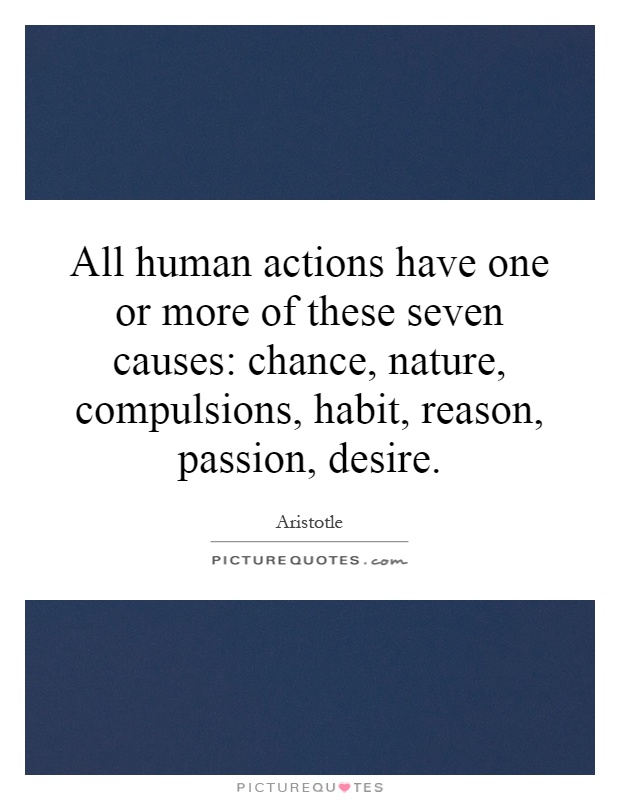
All human actions have one or more of these seven causes: chance, nature, compulsions, habit, reason, passion, desire
Aristotle, one of the most influential philosophers in history, believed that all human actions can be attributed to one or more of seven causes: chance, nature, compulsions, habit, reason, passion, and desire. These causes serve as the driving forces behind our actions and decisions, shaping our behavior and ultimately defining who we are as individuals.Chance plays a significant role in our lives, as unexpected events and circumstances can often lead us down paths we never anticipated. Whether it be a chance encounter with a stranger that sparks a new friendship or a random opportunity that changes the course of our career, chance has the power to shape our lives in ways we cannot predict.
Nature also plays a crucial role in influencing our actions. Our innate instincts and biological predispositions can guide us towards certain behaviors and choices, shaping our personalities and influencing our decisions. For example, our natural inclination towards self-preservation may drive us to act in ways that prioritize our own well-being and survival.
Compulsions, on the other hand, refer to the irresistible urges and impulses that drive us to act in certain ways. These compulsions can stem from a variety of sources, such as addiction, obsession, or mental illness, and can often override our rational thought processes, leading us to engage in behaviors that may be harmful or destructive.
Habit, as Aristotle believed, also plays a significant role in shaping our actions. Our daily routines and patterns of behavior can become ingrained in us over time, influencing the way we think and act on a subconscious level. Whether it be a habit of procrastination, a habit of exercise, or a habit of kindness, these patterns of behavior can have a profound impact on our lives.
Reason, as Aristotle famously argued, is what sets humans apart from other animals. Our ability to think logically and rationally allows us to make informed decisions and choices based on evidence and logic. Reason can guide us towards actions that are beneficial and ethical, helping us to navigate the complexities of life with wisdom and clarity.
Passion, on the other hand, refers to the intense emotions and feelings that can drive us to act in ways that may be irrational or impulsive. Whether it be love, anger, jealousy, or excitement, our passions can often cloud our judgment and lead us to make decisions that we may later regret.
Desire, as Aristotle believed, is another powerful force that can influence our actions. Our desires and cravings for certain things, whether it be material possessions, social status, or personal fulfillment, can drive us to pursue goals and objectives that align with our deepest desires and motivations.
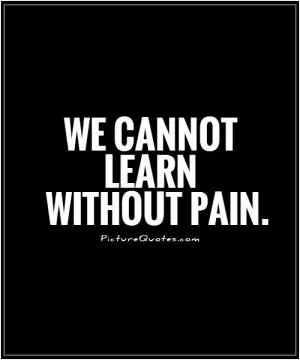

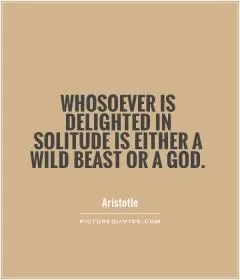
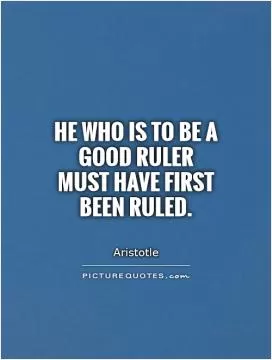



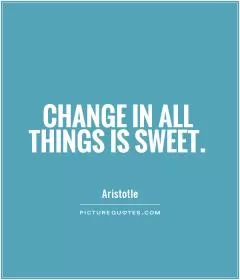
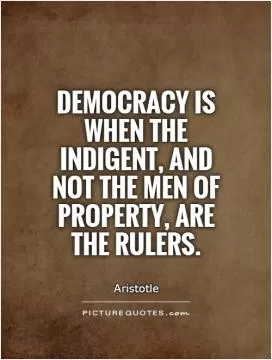
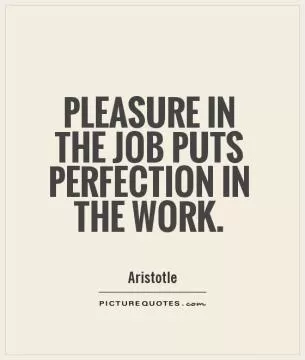
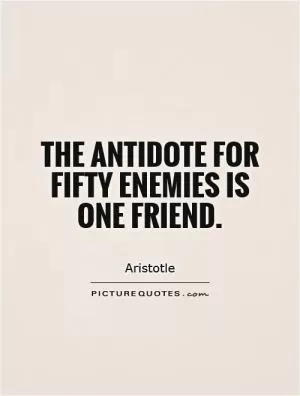

 Friendship Quotes
Friendship Quotes Love Quotes
Love Quotes Life Quotes
Life Quotes Funny Quotes
Funny Quotes Motivational Quotes
Motivational Quotes Inspirational Quotes
Inspirational Quotes